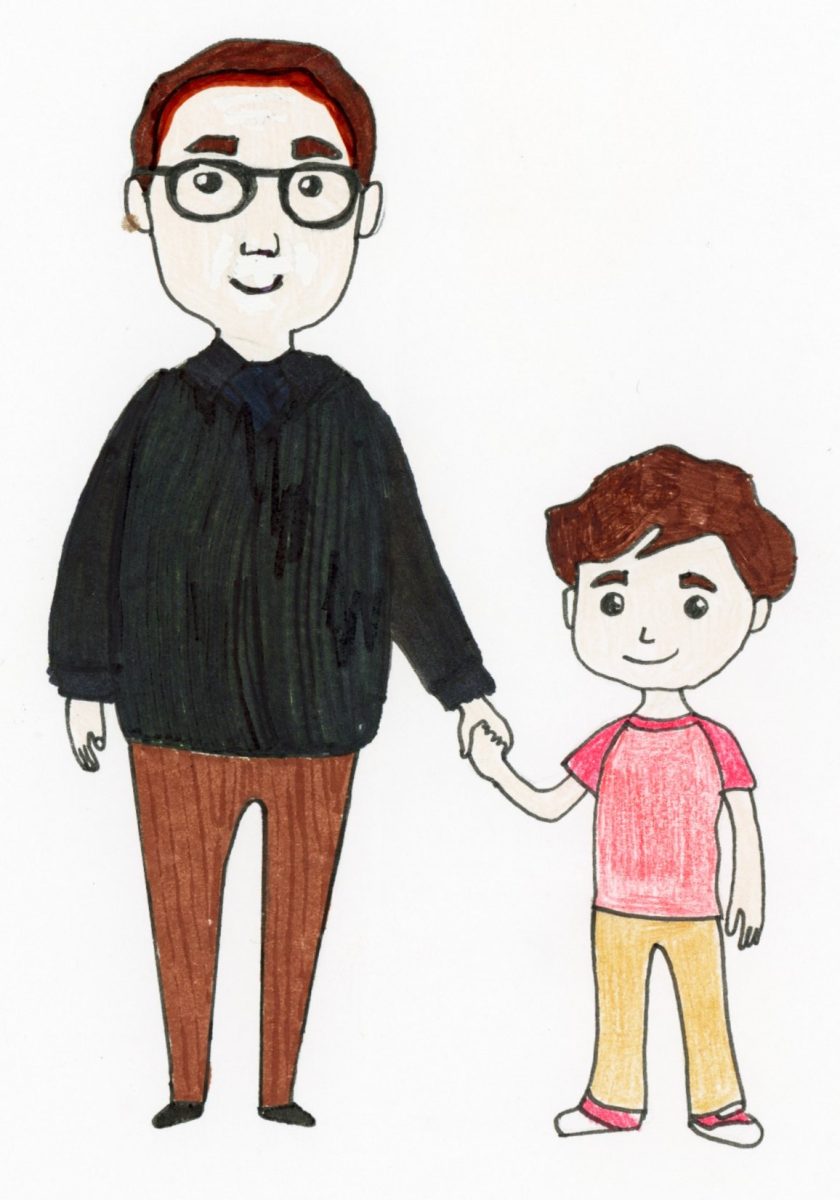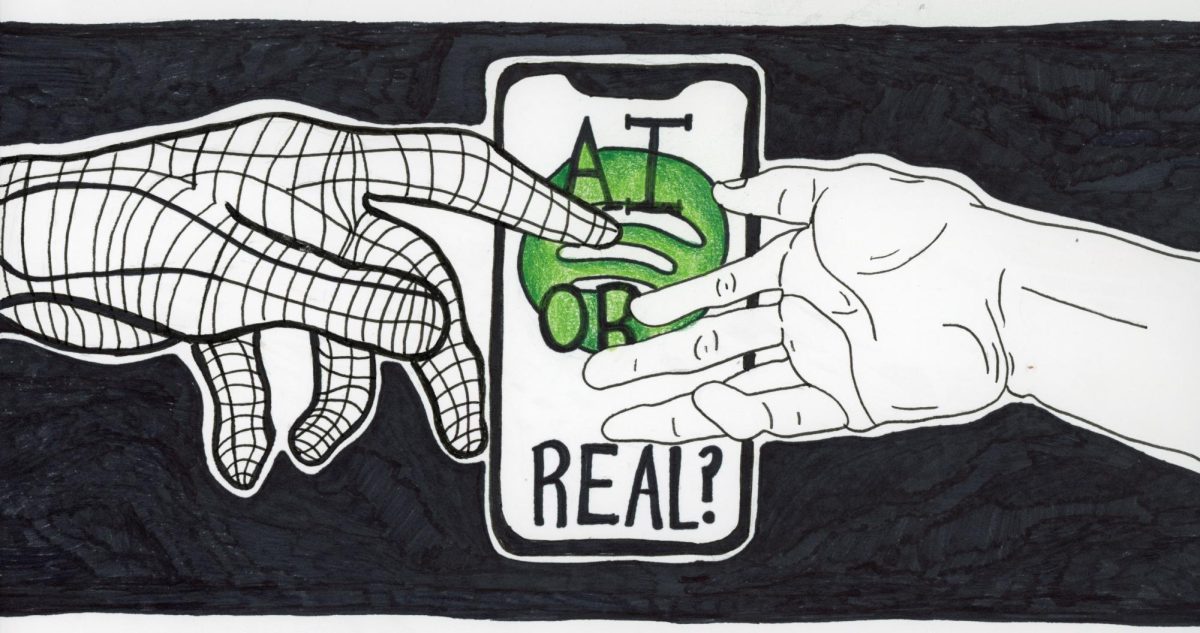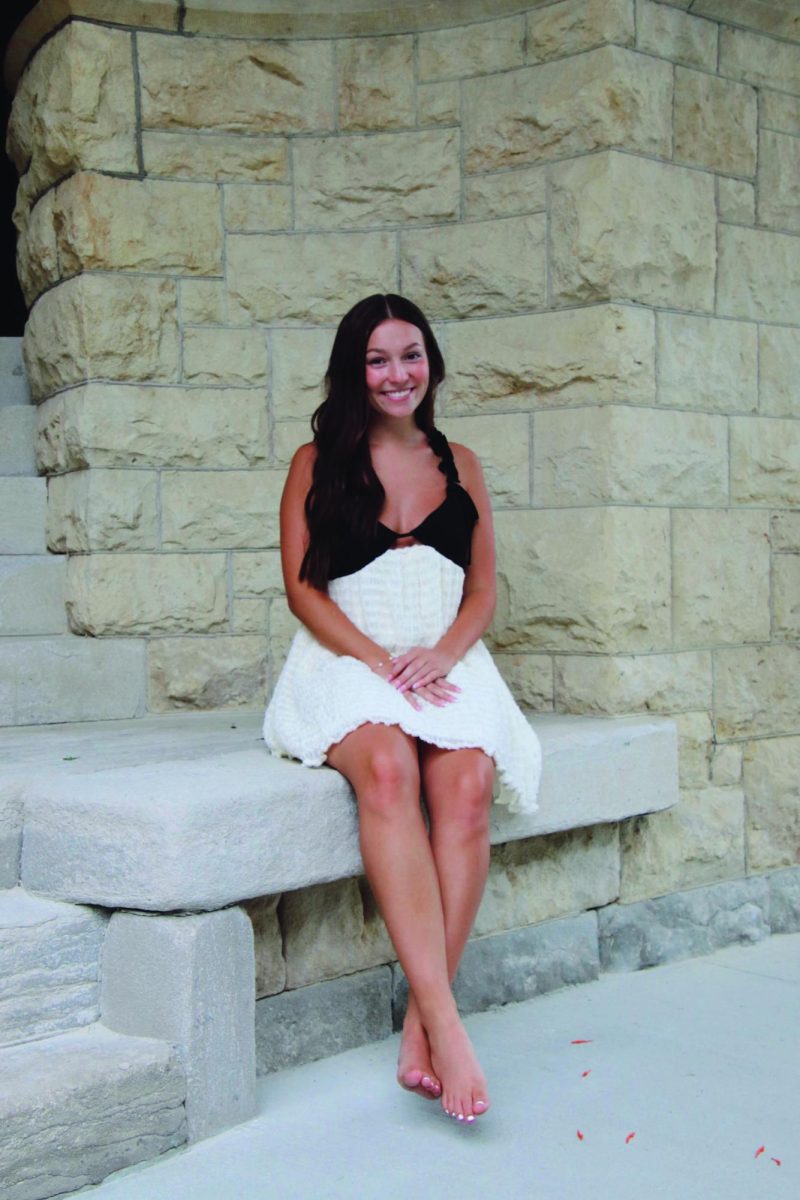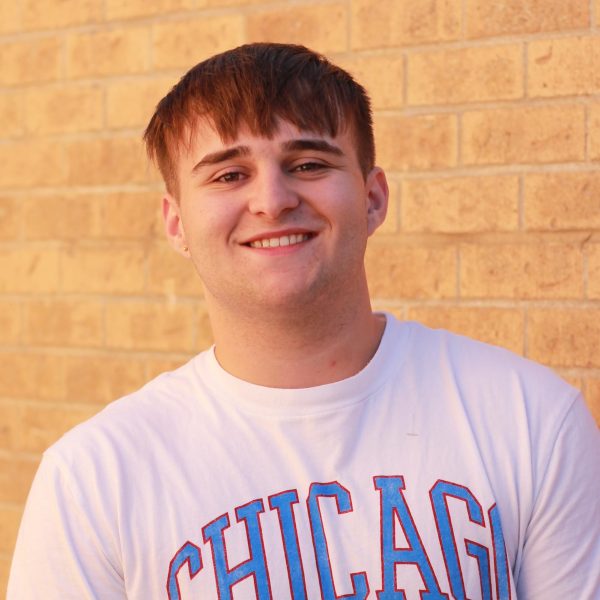When there is no father involved in a child’s life, they are more likely to go to prison, face abuse and neglect, have behavioral problems, become addicted to drugs and alcohol, and commit suicide. And for 18.4 million children in America, those are the odds they face.
It is because of those reasons that I first applied to work for Spark, the Millard Public Schools after-school program. I did it to teach them not only how to throw a football or kick a soccer ball, but also teach them what a good man looks like. For the young boys, I want to teach them what it truly means to be a “strong” man – to show that a truly strong man isn’t someone who counts how many people they’ve knocked down, but someone who picks others up. And for the young girls, I want to teach them that not every man out there is a manipulative and rage-filled human being. I want them to realize that the majority of us are caring and loving, in hopes that they never let themselves settle for anything less when they get older.
But unfortunately, the majority of parents do not see it like that. For many, they fear letting a young man help take care of their child. The majority of them perceive us as if we lack the skill set or heart to care for others, with some of them even thinking we are there to harm or take advantage of their kids. To those parents who second guess my abilities or intentions, I want you to know that, in programs like Spark, there are thorough background checks, which involve both the company and the authorities, and interviews done to prevent people like that from getting in and around your children.
Unfortunately, it isn’t just the parents that see it like this. Many of the coworkers that I’ve worked with will look at me more than they do the other children, especially when I’m playing games with the kids. For example, at one of the schools I substituted at, as soon as I attempted to teach a young girl how to shoot a basketball, every one of the employees’ eyes became locked onto me as if they were waiting for me to do something inappropriate, second-guessing my trustworthiness and intentions.
But I haven’t let these obstacles stop me from doing what I know is best for the children. For many children, I’m the first person who taught them how to throw a football, pass a soccer ball, shoot a basketball, and have been the first man in their life to ever help them with homework or read a book with them. It is these moments that keep me pushing, because I know how much it means.
When I was growing up, the man who did these things for me was my Uncle Jon. He was only 11 when I was born, yet as I was growing up, he was the man I looked up to the most. He played catch with me in the front yard, and he taught me how to be a respectable and kind man who puts others before himself. He is the man who helped bring me to God, and he’s the man I aspire to be like for these children. I know how much someone like him means to children like me, and I can only hope that I’m making half of the impact on these children that my uncle did on me.









